Cumin, Camels, and CaravansA Spice Odyssey
Drawing on his own family’s history as spice traders, as well as travel narratives, historical accounts, and his expertise as an ethnobotanist, Nabhan describes the critical roles that Semitic peoples and desert floras had in setting the stage for globalized spice trade.
Gary Paul Nabhan takes the reader on a vivid and far-ranging journey across time and space in this fascinating look at the relationship between the spice trade and culinary imperialism. Drawing on his own family’s history as spice traders, as well as travel narratives, historical accounts, and his expertise as an ethnobotanist, Nabhan describes the critical roles that Semitic peoples and desert floras had in setting the stage for globalized spice trade.
Traveling along four prominent trade routes—the Silk Road, the Frankincense Trail, the Spice Route, and the Camino Real (for chiles and chocolate)—Nabhan follows the caravans of itinerant spice merchants from the frankincense-gathering grounds and ancient harbors of the Arabian Peninsula to the port of Zayton on the China Sea to Santa Fe in the southwest United States. His stories, recipes, and linguistic analyses of cultural diffusion routes reveal the extent to which aromatics such as cumin, cinnamon, saffron, and peppers became adopted worldwide as signature ingredients of diverse cuisines. Cumin, Camels, and Caravans demonstrates that two particular desert cultures often depicted in constant conflict—Arabs and Jews—have spent much of their history collaborating in the spice trade and suggests how a more virtuous multicultural globalized society may be achieved in the future.
“Cumin, Camels, and Caravans is epic in its scope, spanning continents and millennia and exploring how the emergence and development of the spice trade set in motion the process of globalization. Gary Nabhan is a master storyteller with a broad, multidisciplinary perspective. He provides vivid tales of historical figures and his own travels along the ancient spice routes, fascinating observations of cross-cultural linguistic and culinary parallels, and reflections on how the spice trade influenced his own family’s migrations. Anyone interested in food and history will love this book.”
—Sandor Ellix Katz, author of The Art of Fermentation and Wild Fermentation
“Gary Nabhan’s journeys along ancient trade routes of the Old and New World have resulted in a remarkable and evocative book. He has plenty to tell us about the real, distant origins of globalization and even more about the peoples who make their living from these rare, costly, heady, health-giving aromas. Nabhan knows this trade intimately, and he brings it to life: I could smell the incense, I could taste the chocolate.”
—Andrew Dalby, author of Dangerous Tastes: The Story of Spices
“On the face of it, in this travel memoir braided with history, Nabhan seems focused on the spice trade, but in fact he’s looking at the origins of globalization: a fascinating read.”
—Tamim Ansary, author of Destiny Disrupted: A History of the World through Islamic Eyes
“As a chef, I take pride in my spice cabinet. Those spices enable me to travel the world via recipes. So I was fascinated by Gary Nabhan’s Cumin, Camels, and Caravans, which traces his family’s history and that of the complex trade and dissemination of spices ad aromatics over the centuries. I am grateful for those ancient caravans that traveled over land and sea.”
—Joyce Goldstein, chef, culinary expert, and author of numerous books, including Inside the California Food Revolution and The Mediterranean Kitchen
“An intensely personal and fascinating retelling of the spice trade from the Arab point of view that bubbles over with infectious enthusiasm.”
—Michael Krondl, food writer, culinary historian, and author of several books, including The Taste of Conquest: The Rise and Fall of the Three Great Cities of Spice


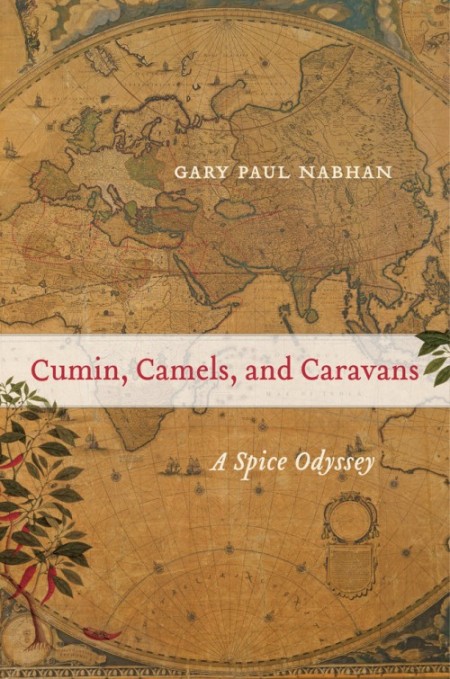


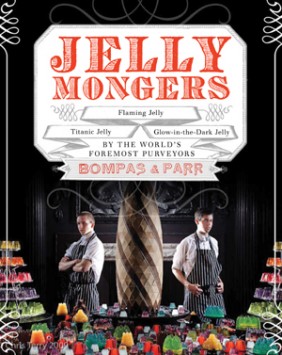
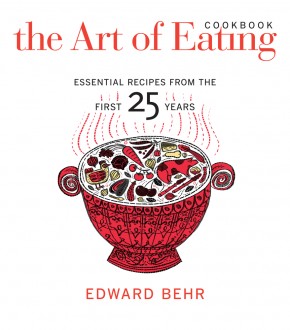
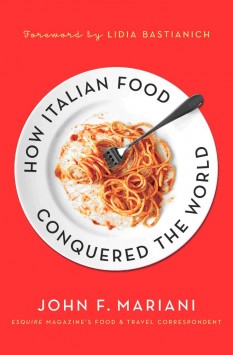
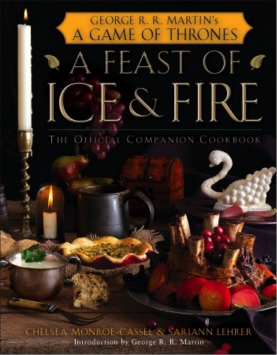
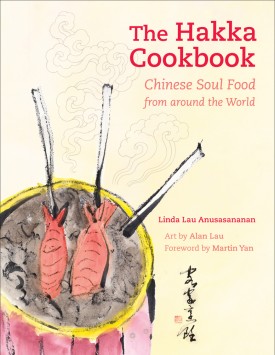
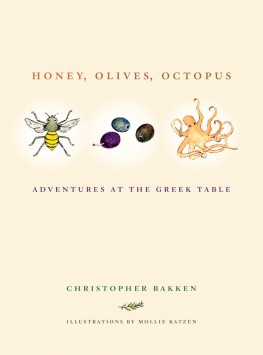
Leave a Reply